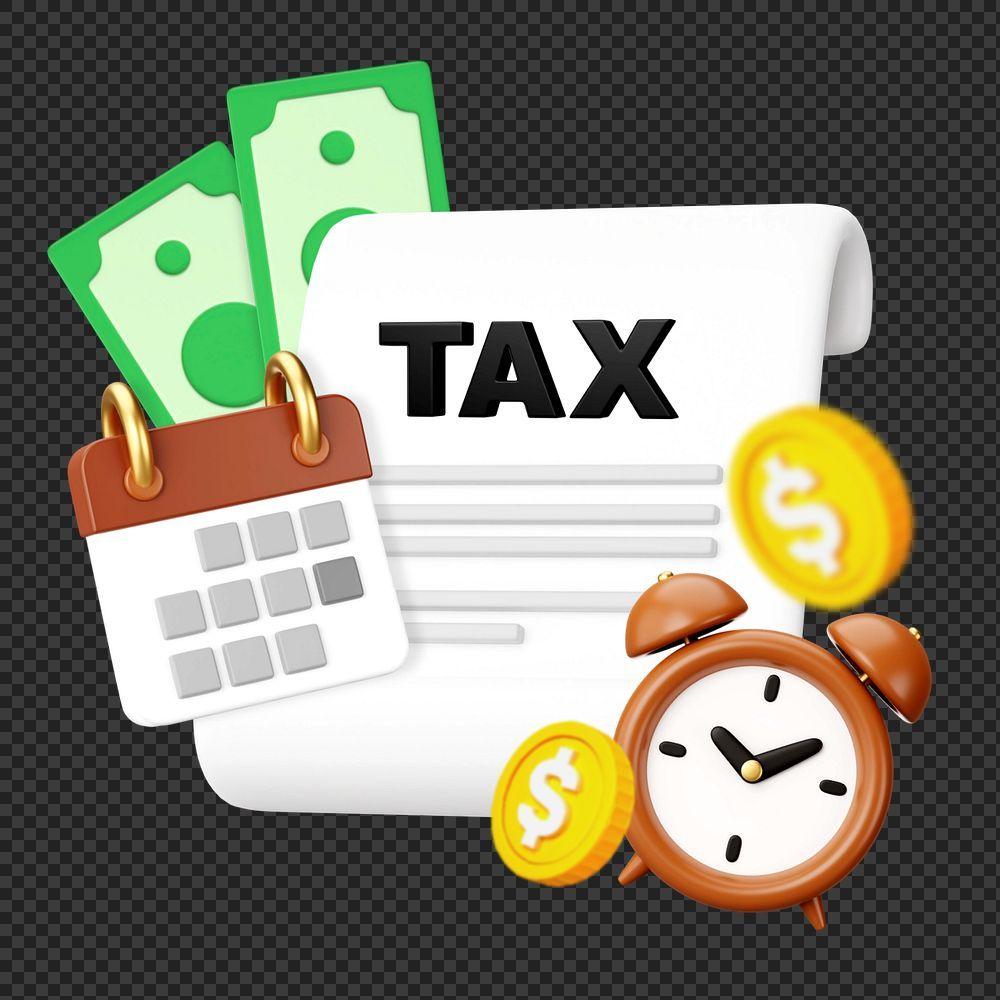How to Complete Your Tax Declaration in Switzerland Without Stress

Tax season can feel overwhelming, especially in a country with a meticulous filing system like Switzerland. The good news is that with a clear plan, the right documents, and a methodical approach, tax declarations can be completed smoothly and on time. This guide breaks down the Swiss tax process, highlights common pitfalls, and shows how a tax consultant can help you streamline the journey. Whether you’re a resident, a cross-border worker, or a high-net-worth filer, these steps will reduce anxiety and boost accuracy.

Understanding the Swiss Tax System
Switzerland operates a three-layer tax framework: federal, cantonal, and communal. Each layer has its own rates, deductions, and reporting requirements, so your tax declaration Switzerland involves figures that affect multiple levels of taxation. The federal system is somewhat standardized, but cantonal rules vary widely. Deductions often include social security contributions, professional expenses, insurance premiums, and specific cantonal allowances. Understanding how cantonal and communal rules interact with federal rules is essential to minimizing liability and avoiding penalties.
Who Needs to File a Tax Declaration in Switzerland?
Most residents and many non-residents with Swiss income or assets must file a declaration. This typically includes:
-
Employees with salary income, investment income, or rental income.
-
Self-employed individuals reporting business revenue and expenses.
-
Foreign nationals living in Switzerland, including cross-border workers under certain regimes.
-
Individuals with assets located in Switzerland who generate income or may require reporting for wealth tax.
-
The filing requirements can vary by residency status, canton, and whether income is earned domestically or abroad. When in doubt, check with the cantonal tax office or a qualified tax consultant to confirm obligations and deadlines.
Documents You’ll Need
Gathering documents in advance minimizes scramble during peak season. Common items include:
-
Personal information: passport or ID, residency permit, marital status, and dependents.
-
Income documentation: salary statements (Lohnabrechnungen), pension statements, self-employment records, and investment income (dividends, interest).
-
Deduction evidence: insurance premiums, medical expenses, professional expenses, childcare costs, home office allowances (where applicable), and contributions to pillar 2 and pillar 3 funds.
-
Asset information: bank statements, property records, securities, and any offshore holdings, if applicable.
-
Foreign-sourced income and assets: documents showing income or assets abroad, plus any tax already paid abroad to avoid double taxation.
-
Previous year’s tax return and notices, if available, to serve as a reference.
Step-by-Step Guide to Filing Your Swiss Tax Declaration
Confirm your filing status and deadlines.
-
Verify whether you file at the federal level, cantonal level, or both. Deadlines vary by canton and commune and can be extended under certain circumstances. Early planning helps avoid late penalties.
Choose your filing method.
-
Many cantons offer online filing portals, while some still accept paper returns. Online filing often provides built-in checks and can speed up processing.
Complete personal and household information.
-
Enter all residents, dependents, and marital status accurately. Misstated household data can affect deductions and tax rates.
Report income accurately
-
Salary and wages: enter gross income and withholding; reconcile with your annual pay slips.
-
Self-employment: record revenue, deductible business expenses, and, if applicable, VAT considerations.
-
Investment income: declare dividends, interest, and capital gains where taxable. Some cantons treat capital gains differently for private investors.
Claim eligible deductions
-
Standard deductions: Social Security and pension contributions are typically deductible.
-
Professional expenses: commuting costs, work-related gear, training, and home-office deductions, where allowed.
-
Insurance and medical expenses: only eligible items and thresholds apply in many cantons.
-
Family and childcare credits: applicable for dependents and eligible childcare costs.
-
Wealth tax considerations: declare worldwide assets and liabilities; wealth tax rates differ by canton.
Report assets and foreign holdings
-
Wealth declarations often require comprehensive reporting of worldwide assets. Include bank accounts, real estate, and business interests. Don’t omit offshore holdings if they’re reportable under cantonal or federal rules.
Review and reconcile
-
Cross-check figures with year-end statements, investment statements, and receipts. Ensure consistency across all income lines and deductions.
Attach supporting documentation
-
Upload or attach copies of receipts, statements, and official forms as required by your canton. Organized documentation reduces requests for clarification and speeds up processing.
Submit and confirm
-
After submission, save confirmation numbers and track the status. Some cantons provide online dashboards to monitor processing and any follow-up steps.
Post-filing steps
-
If needed, respond promptly to any queries from the tax office.
-
Review your assessment notice and prepare for any payment due or refund timing.
Avoiding Common Mistakes
-
Missing income sources: Include all salary, freelance, investment, and rental income to prevent underreporting.
-
Inaccurate asset reporting: Wealth tax is sensitive to missing assets or erroneous valuations.
-
Over- or under-claiming deductions: Claim only eligible expenses; over-claiming can trigger audits or penalties.
-
Waiting until the last moment: Start early, use checklists, and file ahead of deadlines to reduce stress.
-
Ignoring cantonal nuances: A deduction in one canton might not exist in another; tailor your return to local rules.
How a Tax Consultant Can Help
A tax consultant brings expertise in cantonal specifics, international tax considerations, and optimization strategies. Services typically include:
-
Residency and filing status analysis to ensure compliance while maximizing allowable deductions.
-
Preparation of federal, cantonal, and communal returns where required.
-
Coordination of cross-border income and asset reporting for residents with foreign connections.
-
Identification of deductions, credits, and allowances you may overlook.
-
Audit readiness and representation if the tax authority questions your return.
-
Timely reminders for deadlines and extensions, plus handling of amendments if needed.
Deadlines and Extensions
Deadlines vary by canton and situation. Some common patterns:
-
Federal deadlines: Typically around March 31 for residents, with extensions possible.
-
Cantonal deadlines: Each canton sets its own date; extensions are sometimes available for complex cases or for taxpayers requesting extra time.
-
If difficulty arises, a professional can help request an extension and organize your documents to avoid penalties.
Final Tips for a Stress-Free Tax Season
-
Create a centralized filing folder and use digital tools to store receipts, statements, and correspondence. Label by income type and deduction category for easy retrieval.
-
Use checklists: A tax checklist tailored to Swiss rules helps ensure nothing is missed.
-
Start early: Begin collecting documents as soon as the tax year ends to smooth the process.
-
Leverage technology: Many cantons offer online portals with built-in validation and error checking. Upload supporting documents digitally to reduce lag.
-
Consider professional help for complex situations: Cross-border taxation, multiple cantons, or high-value assets are areas where a tax consultant adds real value.
Conclusion
Switzerland’s tax system rewards careful preparation and organized record-keeping. With a structured approach, you can file accurately, maximize eligible deductions, and meet all deadlines with less stress. If complex situations arise—such as cross-border income or multiple cantonal requirements—a tax consultant can provide expert guidance, ensuring compliance while optimizing your tax position. Ready to simplify the Swiss tax declaration process? Engage a competent tax professional to navigate the specifics and keep your finances stress-free this tax season. Would you like this blog tailored to a particular canton or residency status, or would you prefer a more advanced outline that includes sample forms and exact deduction figures?
- Art
- Causes
- Crafts
- Dance
- Drinks
- Film
- Fitness
- Food
- Spellen
- Gardening
- Health
- Home
- Literature
- Music
- Networking
- Other
- Party
- Religion
- Shopping
- Sports
- Theater
- Wellness





